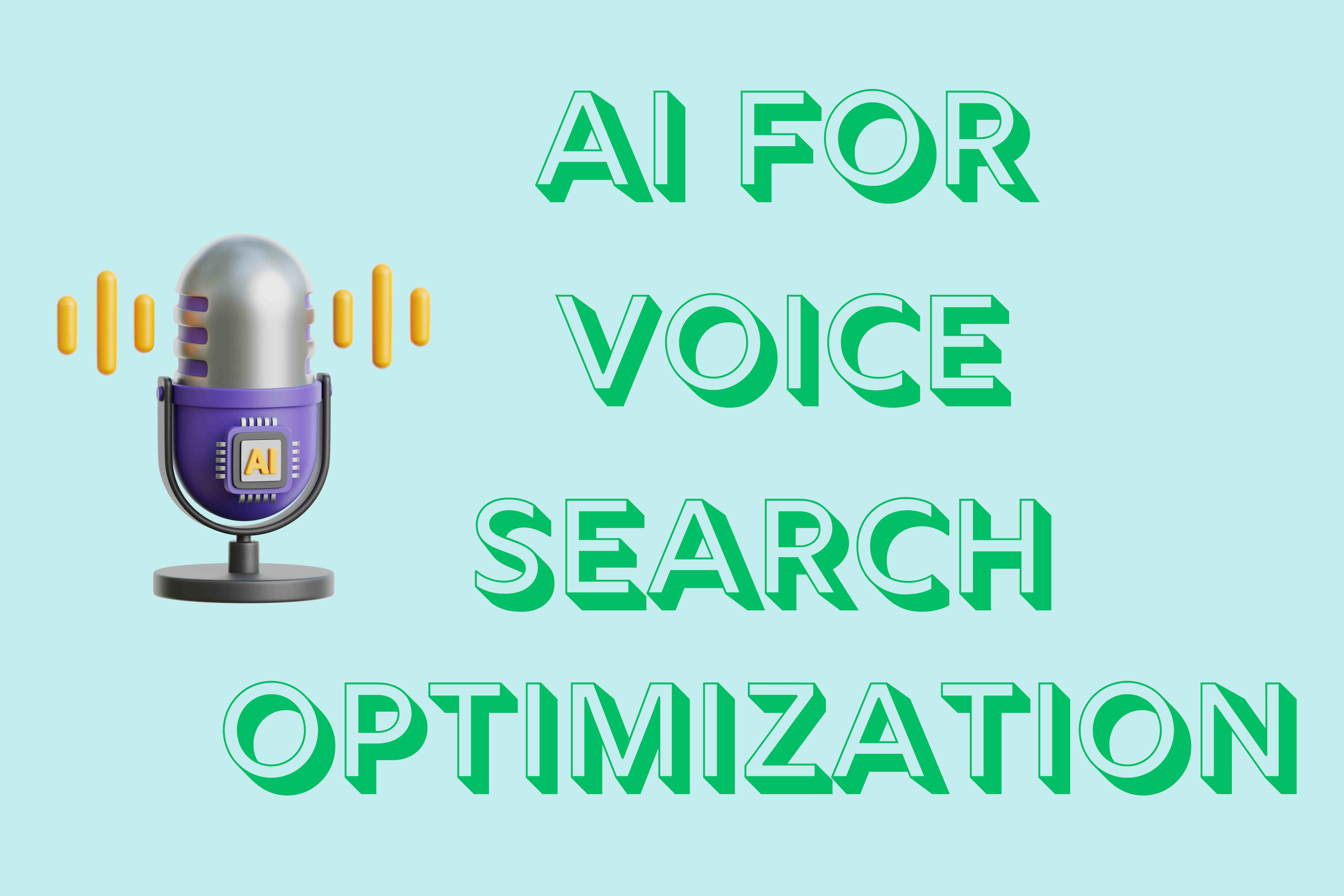As voice search becomes increasingly popular, optimizing your online store for voice search can significantly enhance your visibility and drive more organic traffic. Artificial Intelligence (AI) plays a pivotal role in this optimization process, offering tools and techniques to better understand and respond to voice search queries. This article explores how to use AI for voice search optimization, providing actionable tips and insights into the latest SEO trends relevant to AI voice search, voice SEO, and smart assistant optimization.
Table of Contents
- Introduction to Voice Search Optimization
- The Role of AI in Voice Search
- Benefits of Using AI for Voice Search Optimization
- Latest Trends in AI Voice Search Optimization
- Actionable Tips for Optimizing Voice Search with AI
- Conclusion
- About Don Hesh SEO
Introduction to Voice Search Optimization
Voice search involves using voice commands to search the internet or interact with digital assistants like Siri, Alexa, and Google Assistant. As more users turn to voice search for convenience, businesses need to adapt their SEO strategies to remain competitive. Voice search optimization focuses on ensuring that your website content is easily accessible and relevant to voice search queries.
The Role of AI in Voice Search
Natural Language Processing (NLP)
NLP is a branch of AI that helps machines understand and interpret human language. In voice search, NLP analyzes voice queries to comprehend the user’s intent and provide relevant responses. By leveraging NLP, businesses can optimize their content to match the natural language used in voice searches.
Machine Learning Algorithms
Machine learning algorithms analyze vast amounts of data to identify patterns and improve the accuracy of voice search results. These algorithms continuously learn from user interactions, refining their understanding of language nuances and improving the relevance of search results over time.
Predictive Analytics
Predictive analytics uses AI to anticipate user behavior based on historical data. In voice search optimization, predictive analytics can help identify trending queries and topics, enabling businesses to create content that meets emerging demands.
Benefits of Using AI for Voice Search Optimization
Enhanced User Experience
AI-driven voice search optimization enhances user experience by providing more accurate and relevant responses to voice queries. This leads to higher user satisfaction and increased engagement with your content.
Increased Accuracy
AI technologies improve the accuracy of voice search results by understanding the context and intent behind queries. This ensures that users receive precise answers, which can boost your website’s credibility and authority.
Better Understanding of User Intent
AI helps businesses gain deeper insights into user intent, allowing for more targeted content creation. Understanding what users are looking for enables you to tailor your content to meet their needs effectively.
Latest Trends in AI Voice Search Optimization
Conversational AI
Conversational AI focuses on creating more natural and engaging interactions between users and machines. This trend involves developing content that mimics human conversation, making it easier for voice search algorithms to understand and respond to queries.
Contextual Understanding
AI technologies are advancing in their ability to understand the context of queries, including the user’s location, previous interactions, and current activity. This contextual understanding helps provide more personalized and relevant search results.
Integration with Smart Assistants
As smart assistants become more integrated into daily life, optimizing for these platforms is crucial. AI tools can help ensure that your content is accessible and relevant to users interacting with smart assistants, enhancing your visibility in voice search results.
Actionable Tips for Optimizing Voice Search with AI
Optimize for Long-Tail Keywords
Voice search queries are typically longer and more conversational than text searches. Optimize your content for long-tail keywords that reflect how people naturally speak when using voice search.
Create Conversational Content
Develop content that mimics natural conversation. Use a conversational tone and structure your content in a question-and-answer format to align with how users phrase voice search queries.
Improve Local SEO
Many voice searches are location-based, such as users looking for nearby businesses or services. Optimize your content for local SEO by including location-specific keywords and ensuring your business information is accurate and up-to-date on local listings.
Utilize Structured Data
Structured data helps search engines understand the content of your website better. Use schema markup to provide additional context about your content, making it easier for voice search algorithms to extract and present relevant information.
Conclusion
AI has transformed voice search optimization, offering tools and techniques to enhance user experience, improve accuracy, and better understand user intent. By leveraging AI for voice search optimization, businesses can stay ahead of the competition and drive more organic traffic to their online stores. Implementing these strategies will ensure your content is accessible and relevant to the growing number of voice search users.
About Don Hesh SEO
Don Hesh SEO is a leading SEO consultant and Google Ads consultant service dedicated to helping businesses improve their online visibility and drive more organic traffic. With our expertise in AI voice search, voice SEO, and smart assistant optimization, we provide customized solutions to optimize your website and achieve sustainable growth. Partner with us to leverage the latest advancements in AI for your SEO needs and take your online store to new heights.



